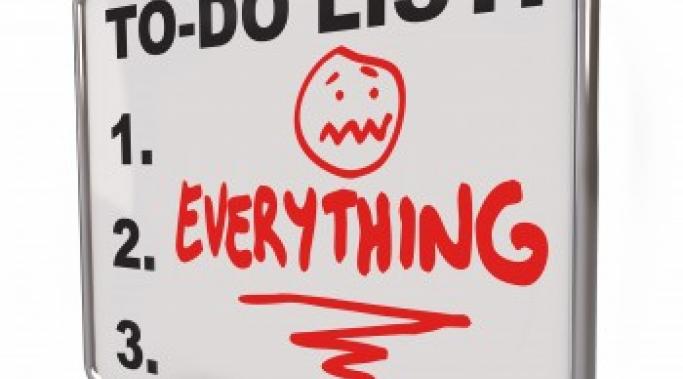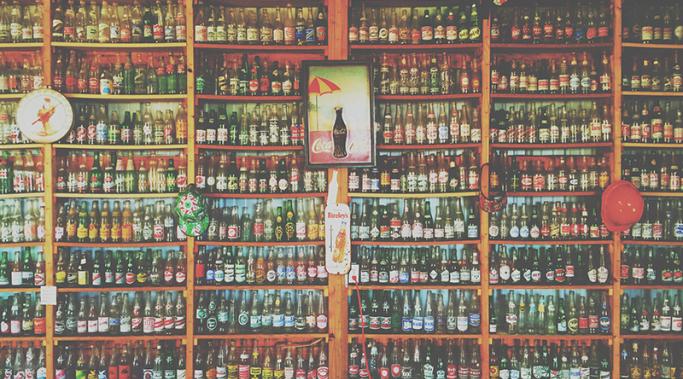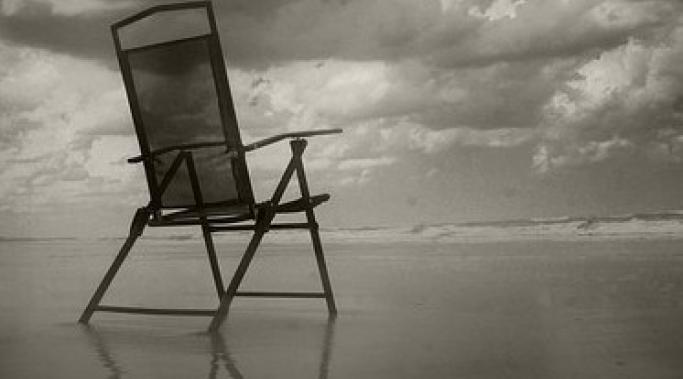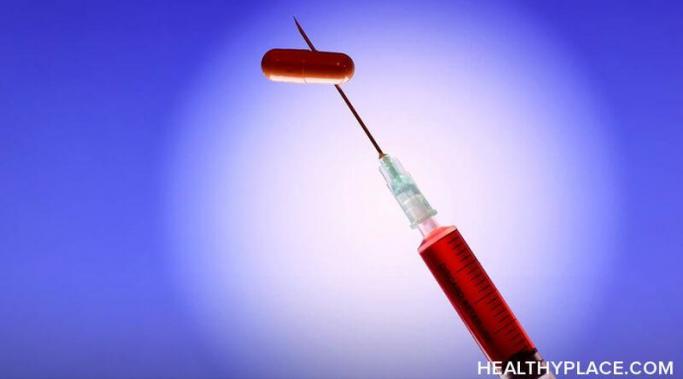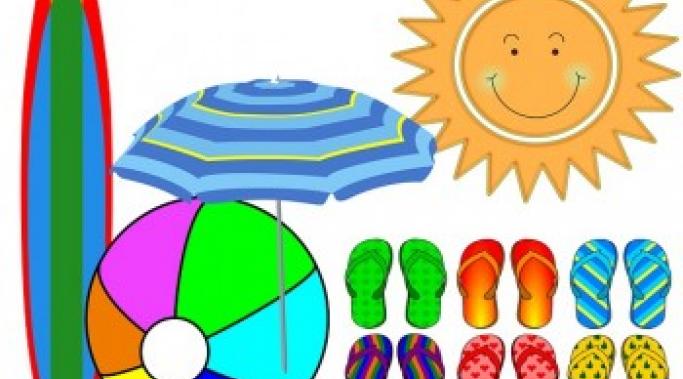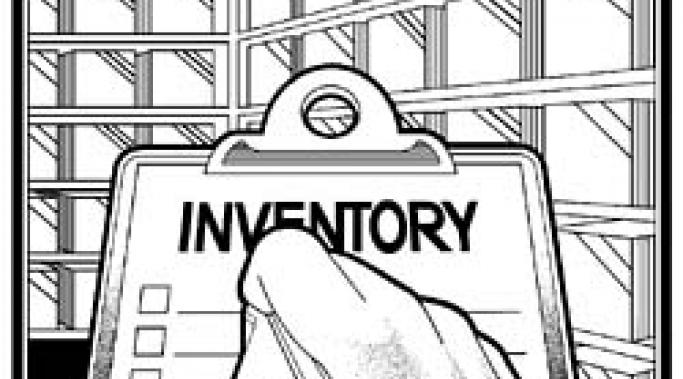It's important to learn how to avoid feeling overwhelmed in addiction recovery. (Overwhelmed by Stress and Anxiety? How to Deal with It). Feeling overwhelmed was one of my major triggers while in my addiction. Whether I felt overwhelming sadness, fear, or worry, these feelings were often a trigger for addictive behavior. Feeling overwhelmed is an almost universal addiction trigger; here's how to avoid feeling overwhelmed and stop triggering your addiction.
Making Changes
Caffeine is a drug and it creates dependency, but are caffeine addiction and dependency real disorders? Caffeine intoxication and caffeine withdrawal syndrome are included in the new Diagnostic and Statistic Manual of Mental Disorder (DSM-5) of the American Psychiatric Association. However, caffeine-related disorders is treated separately from substance abuse disorders. Should it be? Should caffeine addiction and dependency be separate from substance abuse disorders?
You might want to consider how recovering alcoholics react to normal alcohol use, if, indeed, you choose to drink alcohol. If you have loved ones who are in alcoholism recovery, be aware that a recovering alcoholic's reaction to your alcohol consumption could change day by day. As I continuously grow and adapt to life around me, my tolerance for alcohol and sense of security evolve as well. I am my own best advocate for my sobriety, but I'm also the only one who truly knows where I stand in my recovery process. Here are some things for friends and family to keep in mind with regards to how recovering alcoholics react to normal alcohol use.
Loneliness and addiction often coincide, creating the illusion for most addicts that no one shares their pain. In fact, loneliness is actually one of the common threads that unites addicts in recovery. After discussing how sad and lonely I felt while drinking, I bonded with more people in recovery from addictions than any other time. Overcoming loneliness in addiction is possible.
Substance abuse fuels risky behavior. As someone who has lived through my own addiction and that of many loved ones, here are my thoughts on minimizing risky behavior brought on by substance abuse.
Forgiving yourself for embarrassing drunken behavior can be tough. Being drunk is one of the most common reasons behind people embarrassing themselves or being stupid. It’s pretty safe to assume that if you have been drunk, you have embarrassed yourself in some small, minor way. And if you’re an alcoholic, you might have some pretty epic stories of nights that ended in a major embarrassment to you or someone else. In some instances, those stories are laughable and can be shaken off or simply shared in jest. In other situations, these are the ghost and horror stories of our drinking days: embarrassing drunken nights never to be admitted or acknowledged in any way because the shame and embarrassment was too great. Embarrassing drunken stories that fueled me to drink more. If I drank more, it would be easy to forget my shame. It took me a long time to forgive myself for my embarrassing drunken behavior.
What kinds of summer fun can you have in sobriety now that the hot weather is here? For many people, the thought of summer also brings romanticized notions of cold beers or getting closer to nature with the help of marijuana. After eight years clean and sober, I've learned that there is nothing I did while drinking that I can't do in sobriety. Summer fun in sobriety is entirely possible.
Is it possible to have fun in sobriety? Once you get sober, you'll never have fun again, right? Leading a boring, sad life is a major fear for many problem drinkers that discourages them from seeking a program of recovery. But the myth that sobriety is dull is completely inaccurate. Here's how you have fun in sobriety.
You need to regain control over your life in early sobriety. At times like this, it's important to listen to the advice made by recovering addicts or recovering alcoholics who have been sober longer than you. A person who can stay sober through break-ups, marriages, deaths of loved ones, changing jobs, bankruptcy, and so on, probably has some good insight on how to cope with early sobriety. Perhaps this advice on regaining control of your life in early sobriety might help.
Taking personal inventory in addiction and alcohol recovery on a regular basis is critical. Working through a situation by taking inventory in addiction and alcohol recovery is an empowering process.
